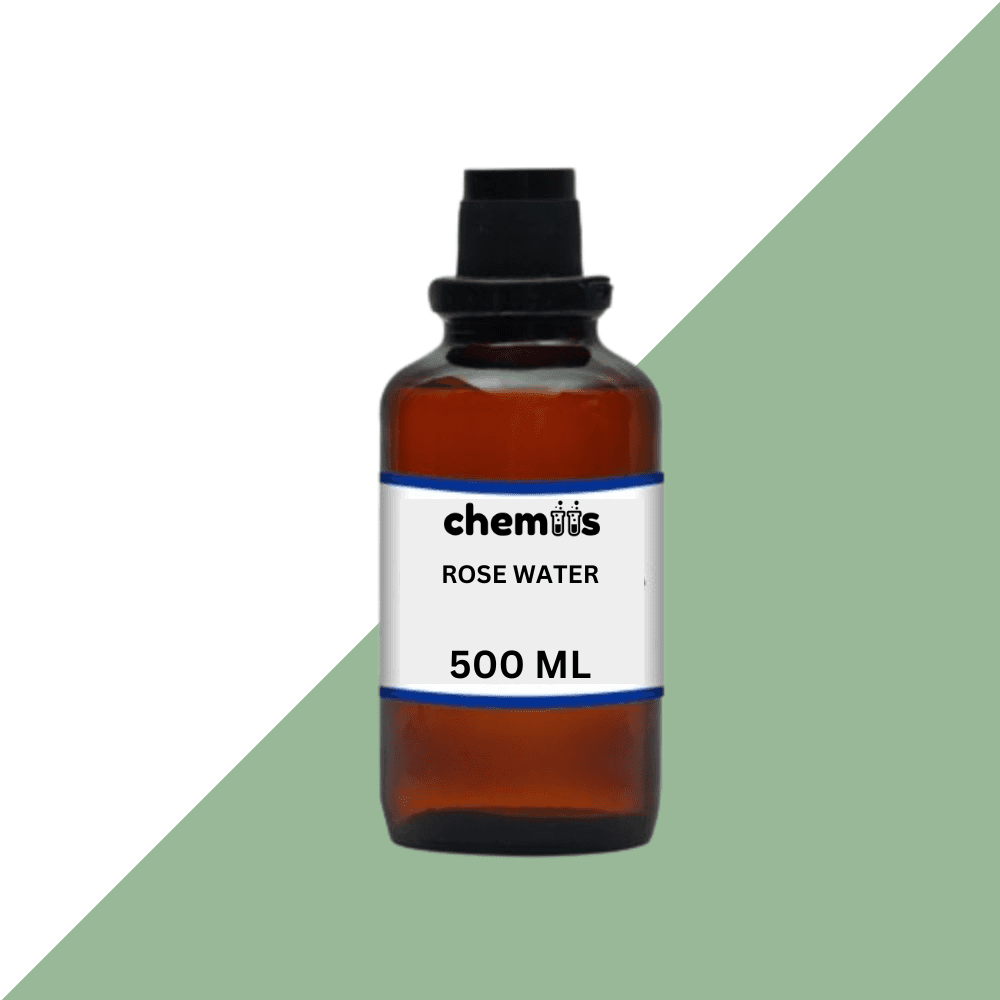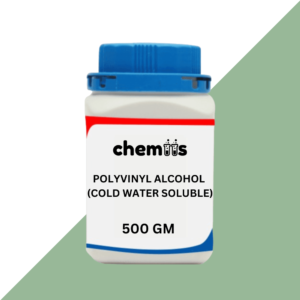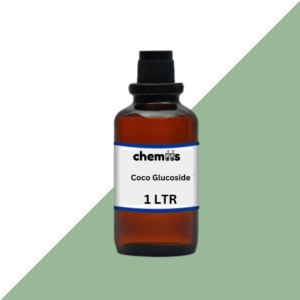Rose water is a fragrant, clear liquid made by distilling rose petals with steam or mixing rose oil with water. It is renowned for its soothing and hydrating properties, making it a versatile product used in skincare, cosmetics, culinary, and medicinal applications. With a delicate floral scent and natural antioxidant properties, rose water is prized for its ability to enhance beauty routines, flavor foods, and promote relaxation.
Applications
1. Skincare and Cosmetics
- Toner and Cleanser:
- Acts as a natural astringent to tighten pores and balance the skin’s pH.
- Removes dirt and makeup residue while soothing the skin.
- Moisturizer and Hydration Booster:
- Refreshes and hydrates the skin, leaving it soft and supple.
- Ideal for use in mist sprays during dry weather.
- Anti-Inflammatory:
- Reduces redness and irritation in sensitive or acne-prone skin.
- Soothes sunburns and minor skin irritations.
- Ingredient in Beauty Products:
- Used in creams, lotions, serums, and masks for its antioxidant and aromatic properties.
2. Hair Care
- Scalp Treatment:
- Helps soothe dryness and reduce dandruff when applied to the scalp.
- Hair Perfume and Conditioner:
- Adds a mild fragrance and shine to hair.
3. Culinary Applications
- Flavor Enhancer:
- Adds a subtle floral aroma to desserts, drinks, and savory dishes.
- Commonly used in Middle Eastern, Indian, and Mediterranean cuisines in recipes for sweets like baklava, Turkish delight, and rice pudding.
- Beverages:
- Used to flavor teas, cocktails, lemonades, and milk-based drinks.
4. Medicinal and Aromatherapy Uses
- Relaxation and Stress Relief:
- Acts as a natural mood enhancer and reduces anxiety when used in aromatherapy.
- Eye Care:
- Applied as a natural remedy to refresh tired, irritated, or puffy eyes.
- Healing Properties:
- Assists in healing minor wounds and scars due to its antibacterial and antiseptic properties.
5. Religious and Cultural Uses
- Rituals and Ceremonies:
- Used in spiritual and cultural ceremonies for purification and blessings.
- Fragrance in Sacred Spaces:
- Freshens the air in homes, places of worship, and during traditional rituals.
Safety and Handling
Hazards:
Rose water is generally safe for use, but improper handling or allergic reactions may occur in sensitive individuals.
- Potential Reactions:
- Skin: Possible irritation in individuals allergic to roses or natural fragrances.
- Eyes: Direct contact may cause mild irritation.
- Ingestion: Safe for consumption in moderate quantities, but excessive use may lead to discomfort.
Precautions:
- Patch Test: Always perform a patch test on the skin before extensive use, especially for sensitive skin.
- Storage:
- Keep in an airtight container to prevent contamination and evaporation.
- Refrigeration helps preserve its fragrance and extend shelf life.
First Aid Measures:
- Eye Contact: Rinse thoroughly with clean water. Seek medical attention if irritation persists.
- Skin Reaction: Discontinue use and wash the affected area with water. Consult a dermatologist if needed.
- Ingestion Reaction: While generally safe, excessive ingestion may cause stomach upset. Drink water and seek medical advice if discomfort occurs.
Disposal:
Dispose of unused rose water responsibly. Avoid pouring large quantities into drains to prevent clogs.








Vinay Tiwari (verified owner) –
Reliable supplier.
Deeksha Iyer (verified owner) –
Clean and clear instructions.
Sandeep Nair (verified owner) –
User-friendly website.
Vinay Tiwari (verified owner) –
Great for science students.
Shweta Dubey (verified owner) –
Reliable chemical supplier.
Mohit Bansal (verified owner) –
Trustworthy platform.
Harshit Reddy (verified owner) –
Delivered without damage.
Raj Malhotra (verified owner) –
Product matches the description.
Aditya Rawat (verified owner) –
Hassle-free experience.
Harshit Reddy (verified owner) –
Very professional service.